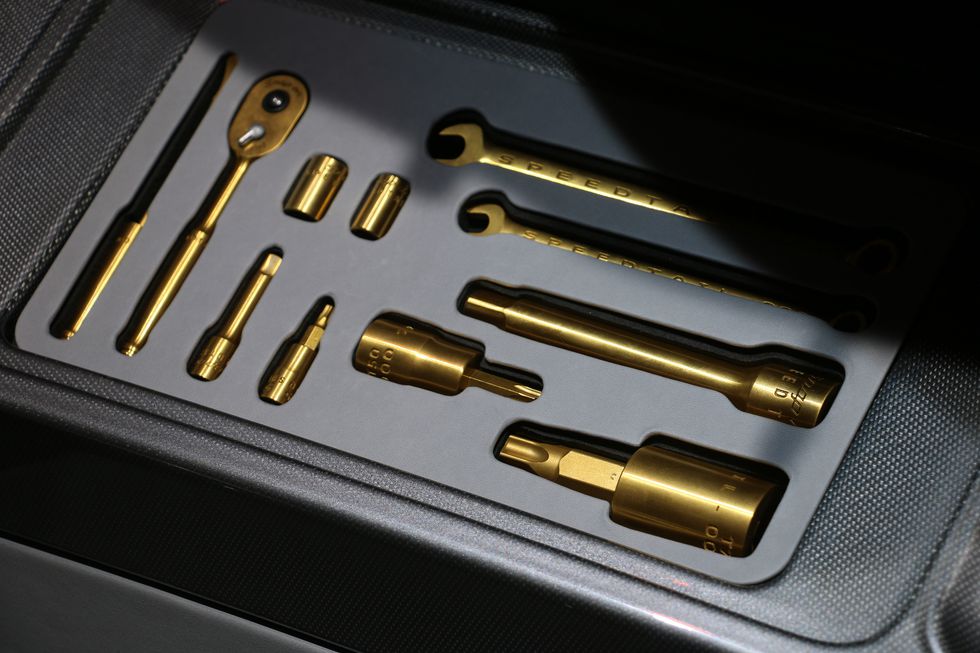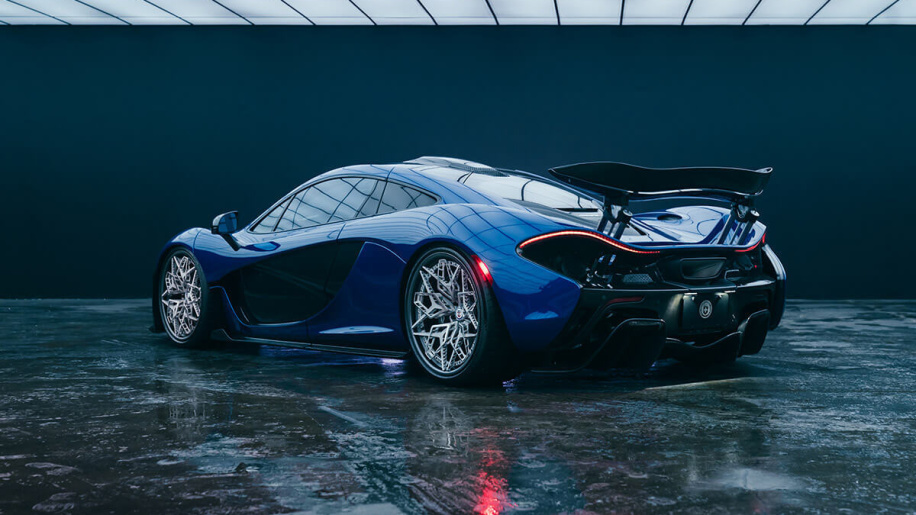With the launch of the 2019 Geneva Motor Show today, international car manufacturers are showcasing the latest luxury, high-performance vehicles.
Among the selection, McLaren Automotive a British automotive manufacturer, is displaying its first ever Hyper-Grand Tourer (GT) luxury automobile, the Speedtail, which features Snap-on’s first built-in 3D printed titanium toolkit.
The Speedtail is said to be the company’s most aerodynamically efficient car yet,and by using additive manufacturing, its toolkit, which is integrated into the front interior, is also made to be lightweight.

Mclaren and 3D printing
According to Road & Track, the 3D printed toolkit is 45% lighter than a standard titanium toolkit. Although little has been said on Snap-on’s additive manufacturing process for the new and improved toolkit, this detail further demonstrates McLaren’s application of 3D printing.
Last year, 3D printed titanium wheel cores with a unique and lightweight design were installed in the hybrid McLaren P1 sports car. Dubbed as the Byzantine wheels, these parts were manufactured from a collaboration between HRE Wheels, a luxury and sports vehicle wheel manufacturer from California, and GE Additive’s consultation service AddWorks. It was produced by the Arcam Q10 and Q20 electron beam melting (EBM) systems.
Prior to this, McLaren signed a four-year agreement with Stratasys to implement 3D printing technology into their workflow. This has resulted in 3D printed hydraulic line brackets, carbon fiber brake cooling ducts and steering wheel prototypes for their 2017 Formula One race car.

Automotive 3D printed customization
3D printing has not only improved the performance of end-use automotive parts, but it has allowed for vehicle customization. In November 2018, MINI, a British automaker owned by BMW, integrated the customization software of Twikit, a Belgian personalization software provider.
As a result, MINI is now the first car manufacturer to provide mass customization services using 3D printing. This encompasses the MINI Yours app and supporting webshop which allows customers to modify features of their car, e.g. headlight covers, inserts, and dashboard trims. MINI Yours was nominated for a 2018 3D Printing Industry Award.
The 2019 Geneva Motor Show runs until March 17th.
Don’t miss out on the latest automotive developments from the additive manufacturing industry by subscribing to the 3D Printing Industry Newsletter. Also, follow us on Twitter, and like us on Facebook.
Featured image shows the McLaren Speedtail. Image via Mclaren Automotive.


